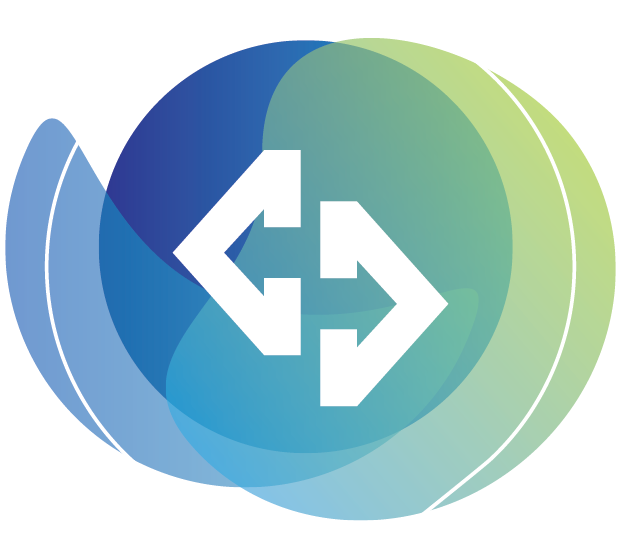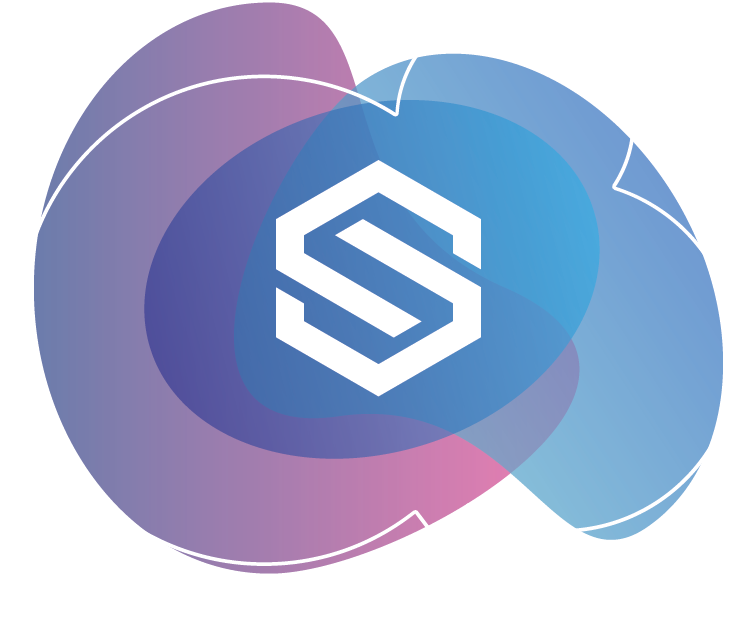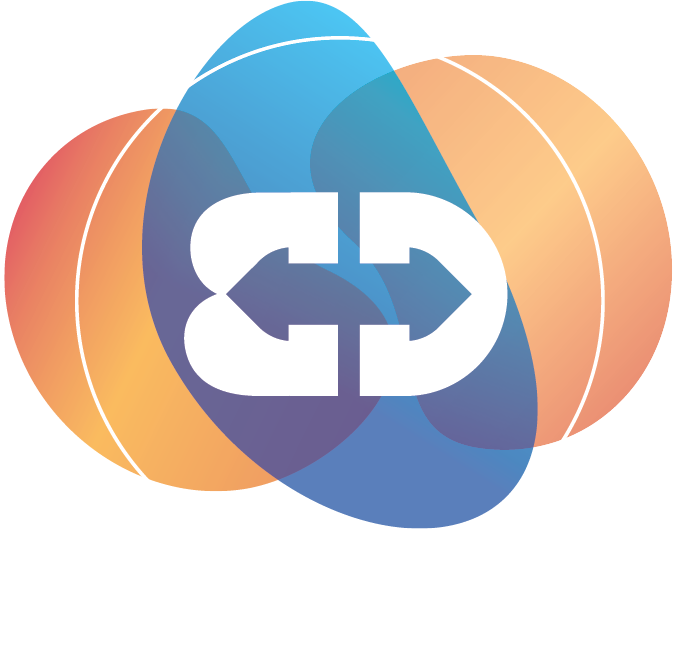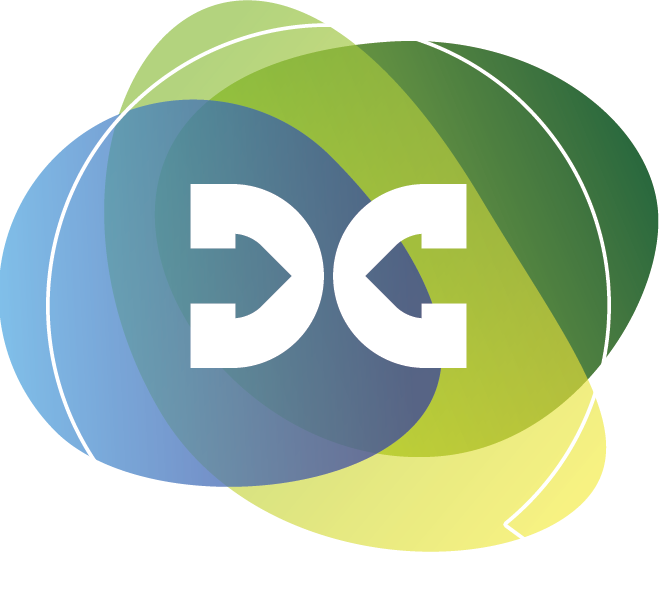Insights
From Pipeline Chaos to Platform Harmony: What Clean DevOps Looks Like in 2025
DevOps once promised agility. Now, it demands clarity.
By 2025, the challenge isn’t adopting new tools — it’s surviving them. As AI, observability, and multi-cloud ecosystems collide, many engineering teams find themselves stuck in brittle pipelines and tangled workflows. The answer isn’t more tech. It’s cleaner ops.
The Problem: Overload Over Innovation
Developers are overwhelmed. Between AI-enhanced toolchains, multi-cloud dependencies, and a growing pile of observability dashboards, it’s easy to lose track of what actually delivers value. The result? Technical debt has grown beyond code — it’s embedded in the way teams operate.
In Germany, where teams prize structure and precision, the overload is especially acute. Engineers want frameworks, not fluff. And 2025’s landscape has made that crystal clear: automation without cohesion creates chaos.
The Solution: Platform Engineering Brings Back Control
Platform engineering is no longer a niche concept — it’s a stabilising force. By standardising environments and centralising tooling, it enables developers to ship faster without navigating a maze of YAML files and approval gates.
Take GitLab pipelines streamlined with Kubernetes autoscaling, or GitHub Copilot guiding junior devs through complex CI/CD flows. These aren’t just tools — they’re enablers of cleaner, more humane delivery.
Across high-performing teams in the DACH region, Elastic is being used to unify observability and GitOps practices, while Kubernetes remains the backbone of scalable infrastructure. GitHub Copilot, in particular, is not only accelerating development but improving team onboarding and consistency.
The Mindset Shift: Clean Ops Starts with Culture
The biggest change? Teams are realising that technical debt isn't just in legacy systems — it’s in habits, silos, and burnout. “Clean DevOps” in 2025 means investing in platform teams, not just platforms. It means treating developer experience as a product. And it means aligning tools around team needs, not vendor roadmaps.
This is a cultural pivot as much as a technical one — and German teams, known for their process rigor, are leading the way.
Takeaway: What Builders Can Do Next
-
Audit your stack: Are your tools working for your team — or just creating noise?
-
Invest in platform ownership: Make someone responsible for internal tooling quality.
-
Reframe dev efficiency: Velocity isn’t just about speed — it’s about sustainability.
The future of DevOps isn’t faster. It’s cleaner.

 Cloud & AI Infrastructure
Cloud & AI Infrastructure Cloud & Cyber Security Expo
Cloud & Cyber Security Expo  Big Data & AI World
Big Data & AI World  Data Centre World
Data Centre World